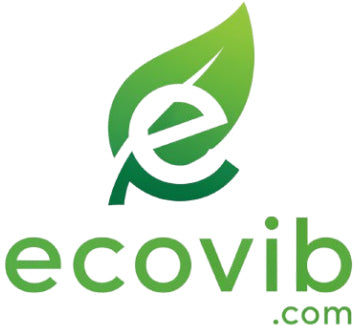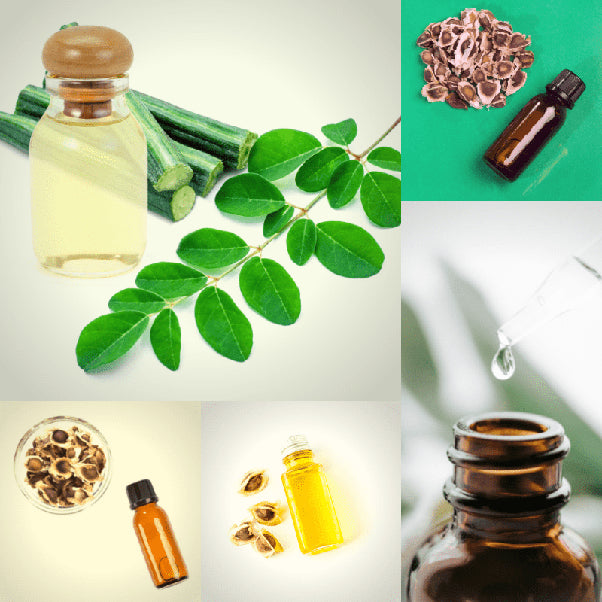The world of plant oils is vast and varied, with each oil offering its unique blend of nutrients, health benefits, and applications. Among these, Moringa oil has emerged as a potent contender, often compared to other popular oils like coconut and argan. This comparative analysis delves into the nutritional content, health benefits, and cosmetic applications of Moringa oil versus coconut and argan oils, providing insights into why Moringa oil is gaining prominence in health and beauty circles.
A summary chart comparing Moringa oil, Coconut oil, and Argan oil:
| Feature | Moringa Oil | Coconut Oil | Argan Oil |
|---|---|---|---|
| Main Nutrients | Vitamins A, C, E; Oleic acid; Antioxidants (zeatin, quercetin, beta-sitosterol) | Saturated fats (MCFAs, lauric acid); Vitamin E | Oleic and linoleic acids; Vitamin E; Plant sterols |
| Health Benefits | Enhances skin health; Supports heart health; Anti-inflammatory | Boosts metabolism; Antimicrobial properties; Promotes hair health | Improves skin hydration and elasticity; Enhances hair shine; Strengthens nails |
| Cosmetic Applications | Facial serums, moisturizers, hair care products; Anti-aging and brightening skincare | Soaps, lotions, body butters; Hair masks and treatments; Makeup remover | Shampoos, conditioners, hair treatments; Face oils, night creams; Lip balms and glosses |
| Skin Care | Fights aging, reduces inflammation, protects against environmental damage | Moisturizes, used in a wide range of skincare products | Hydrates, improves elasticity, used in various skincare formulations |
| Hair Care | Ideal for nourishing hair care products, non-comedogenic | Deep conditioning, reduces protein loss in hair | Nourishes, makes hair softer and shinier |
| Unique Properties | Lightweight, non-comedogenic, suitable for all skin types | Deeply penetrates hair shaft, effective gentle makeup remover | Contains unique plant sterols, beneficial for anti-inflammatory purposes |
Moringa Oil

Nutritional Content
Rich in Vitamins: Moringa oil is abundant in vitamins A, C, and E, which are crucial for skin health and immunity.
High in Oleic Acid: It contains about 70% oleic acid, making it excellent for moisturizing and supporting skin barrier function.
Antioxidants: Contains powerful antioxidants such as zeatin, quercetin, and beta-sitosterol.
Health Benefits
Skin Health: Its high antioxidant content helps fight skin aging, reduce inflammation, and protect against environmental damage.
Heart Health: The oleic acid in Moringa oil can support heart health by maintaining healthy cholesterol levels.
Anti-inflammatory: Offers anti-inflammatory benefits, which can help in managing conditions like arthritis.
Cosmetic Applications
Versatile Use: Ideal for facial serums, moisturizers, and hair care products due to its lightweight and non-comedogenic nature.
Anti-aging Products: The antioxidants make it a prime ingredient in anti-aging and brightening skincare formulations.
Coconut Oil

Nutritional Content
Saturated Fats: Predominantly composed of saturated fats, particularly medium-chain fatty acids (MCFAs) like lauric acid, which are known for their antimicrobial properties.
Vitamin E: Though present, vitamin E is in lower quantities compared to Moringa oil.
Antioxidant Levels: Contains antioxidants, but at lower levels than Moringa oil.
Health Benefits
Metabolism: MCFAs in coconut oil are known to boost metabolism and energy.
Antimicrobial: Lauric acid has antimicrobial properties, making it beneficial for skin health and protection against pathogens.
Hair Health: Widely used for hair care, coconut oil penetrates the hair shaft, reducing protein loss and providing deep conditioning.
Cosmetic Applications
Skin Care: Used in soaps, lotions, and body butters for its moisturizing properties.
Hair Care: Popular in hair masks and treatments for its deep conditioning effects.
Makeup Remover: Acts as an effective, gentle makeup remover.
Argan Oil

Nutritional Content
Fatty Acid Profile: Rich in oleic and linoleic acids, beneficial for skin hydration and elasticity.
Vitamin E: Argan oil is high in vitamin E, making it an excellent antioxidant.
Unique Compounds: Contains unique plant sterols not found in many other oils, offering anti-inflammatory benefits.
Health Benefits
Skin Elasticity: The combination of fatty acids and vitamin E improves skin hydration and elasticity, reducing the appearance of fine lines.
Hair Shine and Softness: Argan oil is renowned for making hair softer, silkier, and shinier.
Nail Health: Its nutrient-rich profile strengthens nails and softens cuticles.
Cosmetic Applications
Hair Products: A staple in shampoos, conditioners, and hair treatments for its nourishing properties.
Skin Care: Incorporated into face oils, night creams, and body lotions.
Lip Conditioners: Often used in lip balms and glosses for hydration.

